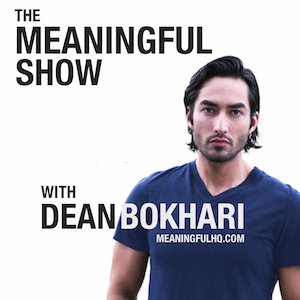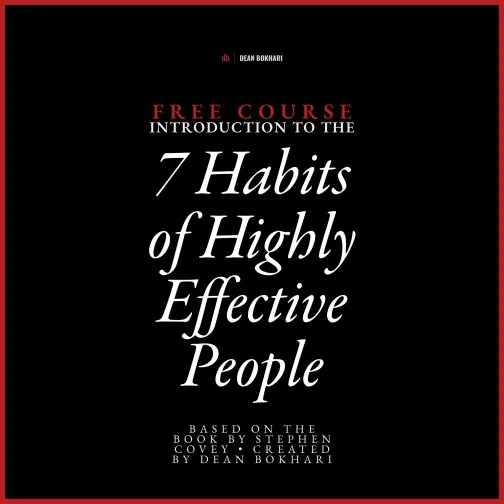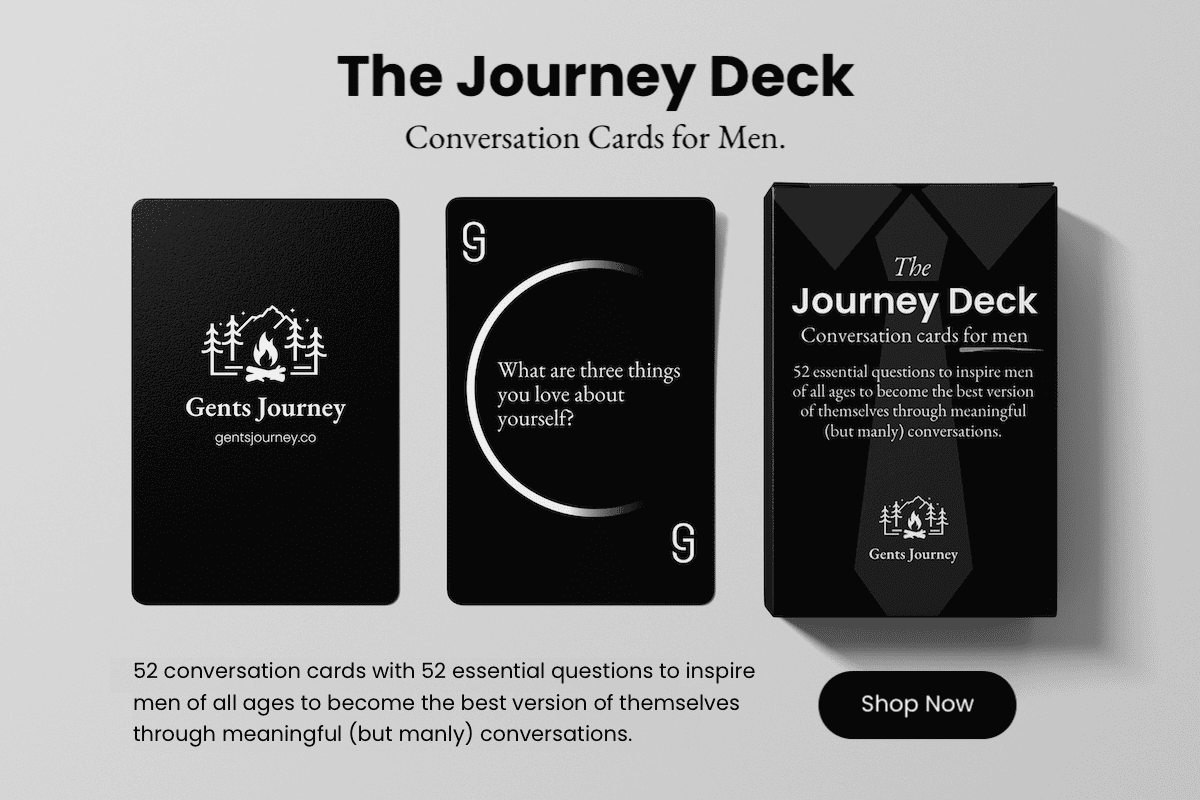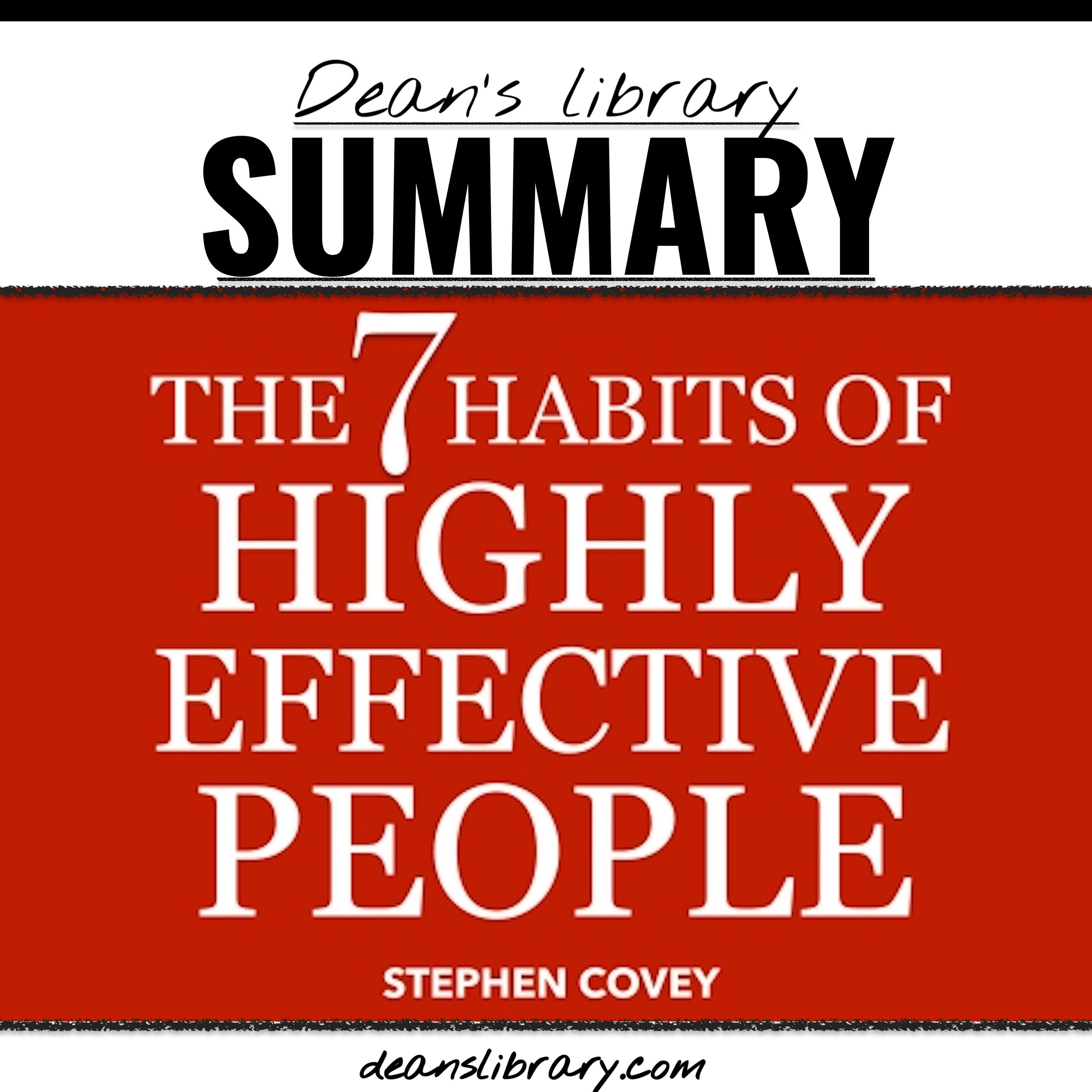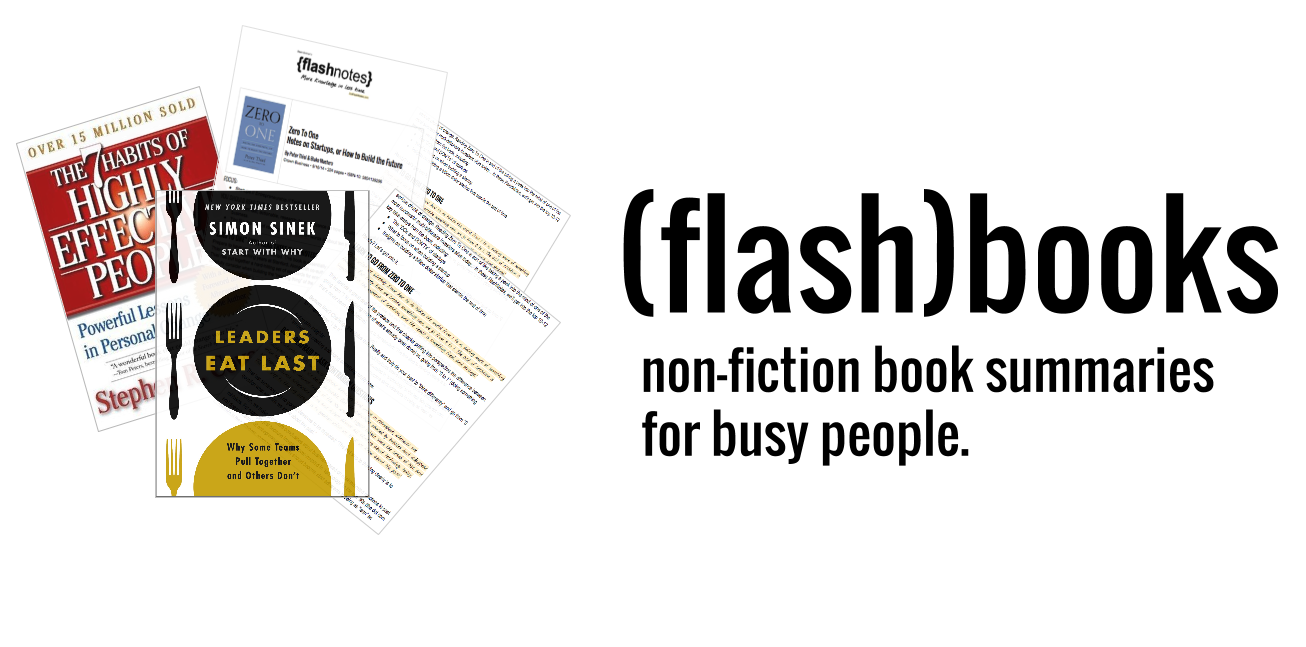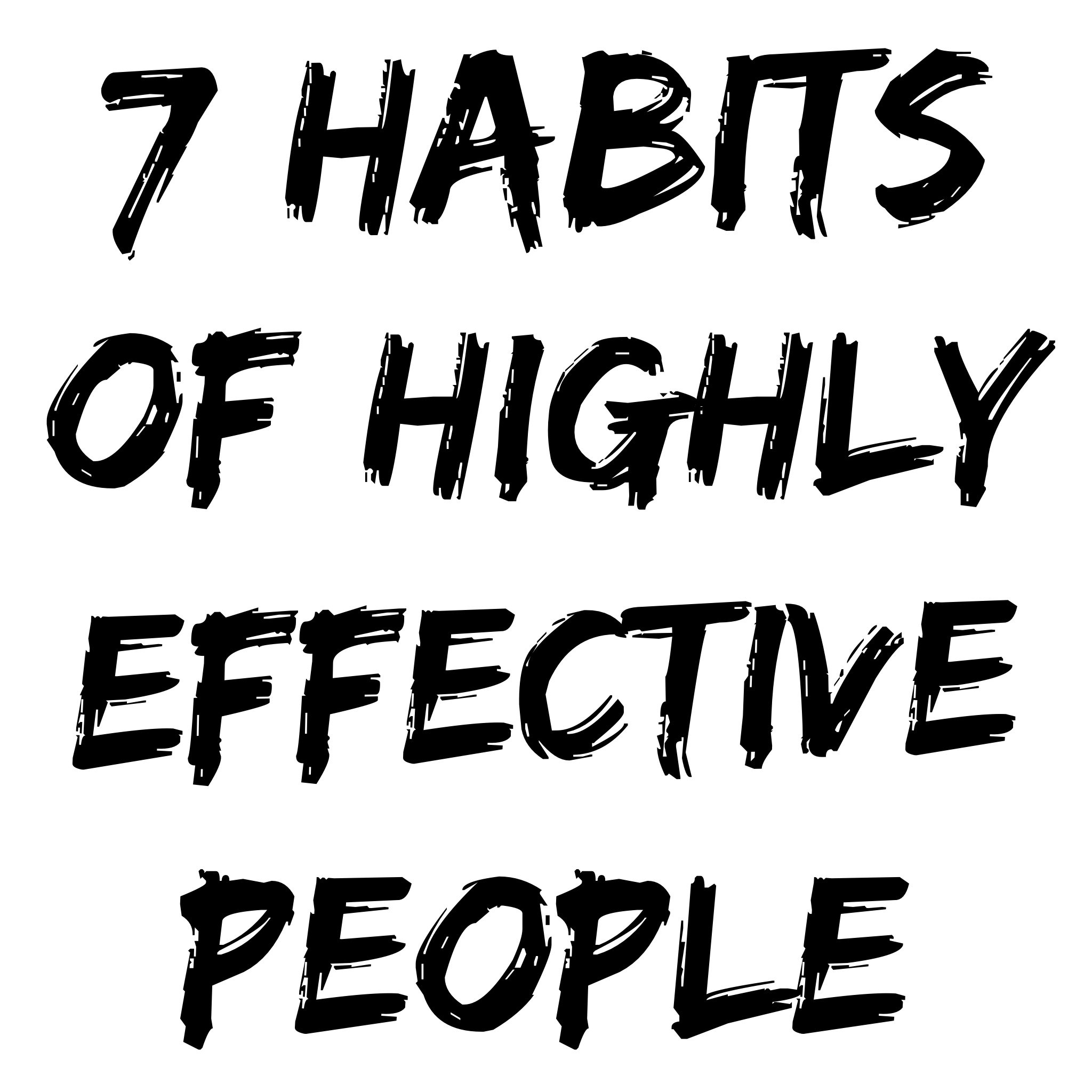The First Key To Mastery : Finding Your Life's Task
menu: //read //listen
“At your birth a seed is planted. That seed is your uniqueness. It wants to grow, transform itself, and flower to its full potential. It has a natural, assertive energy to it. Your Life’s Task is to bring that seed to flower, to express your uniqueness through your work. You have a destiny to fulfill. The stronger you feel and maintain it—as a force, a voice, or in whatever form—the greater your chance for fulfilling his Life’s Task and achieving mastery.”
—Robert Greene, from Mastery
At some point in life, many of us wonder whether we can do something, create something, or contribute something to the world that’s unique enough to make a lasting impression—something with value and purpose.
People often tell me that they don’t think they’ve got anything like that to offer. They don’t believe they’ve got anything unique to share. They’re unsure about whether they’re capable of doing something that really matters—something that helps them leave a lasting mark on the world.
If this is you, then I’m here to tell you that you’re dead wrong if you think you don’t have anything unique to share with the world. Everyone’s got something to share. But most people never dig deep enough and do the work required to figure out what that something actually is.
In other words, most people die before they’ve ever really lived.
I don’t want that to be you.
And a starting place to prevent that from happening, is to find what Robert Greene refers to as your “Life’s Task.”
The process of following your Life’s Task all the way to mastery can essentially begin at any point in life. It’s a hidden force within you that’s always there and ready to be engaged.
In his book, Mastery, Greene shares a three-stage process to help you realize your Life’s Task. Today, we’ll be diving into each of these stages, sharing some of my favorite big ideas from the book. And then we’ll finish up with a few of my own actionable insights to help you figure out what your own Life’s Task is going to be.
//listen
EP141. FINDING YOUR LIFE’S TASK • LISTEN ON ITUNES
//read
Begin by tapping into your sense of uniqueness.
“First, you must connect or reconnect with your inclinations, that sense of uniqueness.”
“The first step then is always inward. You search the past for signs of that inner voice or force. You clear away the other voices that might confuse you—parents and peers. You look for an underlying pattern, a core to your character that you must understand as deeply as possible.”
Next, examine your career path.
“Second, with this connection established, you must look at the career path you are already on or are about to begin. The choice of this path—or redirection of it—is critical. To help in this stage you will need to enlarge your concept of work itself. Too often we make a separation in our lives—there is work and there is life outside work, where we find real pleasure and fulfillment. Work is often seen as a means for making money so we can enjoy that second life that we lead. Even if we derive some satisfaction from our careers we still tend to compartmentalize our lives in this way. This is a depressing attitude, because in the end we spend a substantial part of our waking life at work. If we experience this time as something to get through on the way to real pleasure, then our hours at work represent a tragic waste of the short time we have to live. Instead you want to see your work as something more inspiring, as part of your vocation…”
The word vocation by the way, is a Latin word that roughly translates to calling.
When people say “find your voice,” what they mean by this, is to listen to that voice that’s calling on you from within to express yourself in your own unique way. This voice emanates from your individuality. It tells you which activities suit your character—and conversely, which activities don’t. And at a certain point, it calls you to a particular form of work or career.
Your work, then, is something connected deeply to who you are, and is NOT a separate compartment in your life. Once you embrace this idea, you start to develop a sense of your vocation. So it’s well worth looking at different career ideas, exploring the options such as Primerica jobs, and seeing where that takes you.
Understand that the joy is in the journey.
“Finally, you must see your career or vocational path more as a journey with twists and turns rather than a straight line. You begin by choosing a field or position that roughly corresponds to your inclinations. This initial position offers you room to maneuver and important skills to learn. You don’t want to start with something too lofty, too ambitious—you need to make a living and establish some confidence. Once on this path you discover certain side routes that attract you, while other aspects of this field leave you cold. You adjust and perhaps move to a related field, continuing to learn more about yourself, but always expanding off your skill base. Like Leonardo da Vinci, you take what you do for others and make it your own.”
“Eventually, you will hit upon a particular field, niche, or opportunity that suits you perfectly. You will recognize it when you find it because it will spark that childlike sense of wonder and excitement; it will feel right. Once found, everything will fall into place. You will learn more quickly and more deeply. Your skill level will reach a point where you will be able to claim your independence from within the group you work for and move out on your own. In a world in which there is so much we cannot control, this will bring you the ultimate form of power. You will determine your circumstances. As your own Master, you will no longer be subject to the whims of tyrannical bosses or scheming peers.”
Determine your purpose.
“Think of it this way: What we lack most in the modern world is a sense of a larger purpose to our lives. In the past, it was organized religion that often supplied this. But most of us now live in a secularized world. We human animals are unique—we must build our own world. We do not simply react to events out of biological scripting. But without a sense of direction provided to us, we tend to flounder. We don’t know how to fill up and structure our time. There seems to be no defining purpose to our lives. We are perhaps not conscious of this emptiness, but it infects us in all kinds of ways.”
“Feeling that we are called to accomplish something is the most positive way for us to supply this sense of purpose and direction. It is a religious-like quest for each of us. This quest should not be seen as selfish or antisocial. It is in fact connected to something much larger than our individual lives. Our evolution as a species has depended on the creation of a tremendous diversity of skills and ways of thinking. We thrive by the collective activity of people supplying their individual talents. Without such diversity, a culture dies.”
“Your uniqueness at birth is a marker of this necessary diversity. To the degree you cultivate and express it you are fulfilling a vital role. Our times might emphasize equality, which we then mistake for the need for everyone to be the same, but what we really mean by this is the equal chance for people to express their differences, to let a thousand flowers bloom. Your vocation is more than the work that you do. It is intimately connected to the deepest part of your being and is a manifestation of the intense diversity in nature and within human culture. In this sense, you must see your vocation as eminently poetic and inspiring.”
“Some 2,600 years ago the ancient Greek poet Pindar wrote, “Become who you are by learning who you are.” What he meant is the following: You are born with a particular makeup and tendencies that mark you as a piece of fate. It is who you are to the core. Some people never become who they are; they stop trusting in themselves; they conform to the tastes of others, and they end up wearing a mask that hides their true nature. If you allow yourself to learn who you really are by paying attention to that voice and force within you, then you can become what you were fated to become—an individual, a Master.”
Finding your Life’s Task: 4 things you can do right now.
1. Define your purpose.
What are your values? What do you stand for? What do you want your life to be about?
My life is about inspiring people to inspire themselves to improve their lives + achieve their goals. I do my very best to ensure that everything I do—both personal and professional—falls in line with that mission.
Obviously, I’m not perfect, so I definitely screw things up every now and then, but I’d say I’m spending somewhere around 80% of my time “on purpose,” for lack of a better term.
2. Don’t try to follow your passion; BRING your passion with you.
“Follow your passion” is a major myth that pervades modern society as we know it. Sure, Steve Jobs gave a great commencement speech. But he was wrong. And he was kind of a dick.
Truth be told, if you only try to follow your passion you’ll just keep spinning your own wheels. Passion isn’t something we can find; passion is a result.
Instead of trying to “find” your passion, try a bunch of stuff and try to bring the passion with you. If the stuff you try amplifies the passion you’re already bringing to the table, then you’ve got a winner. But remember: passion is the result of the decisions we make and the actions we take.
3. If it’s not true to you, then don’t do it.
If something doesn’t FEEL right—if it doesn’t feel like it’s in line with your nature, your values, and your sense of who you are—then don’t do it; don’t pretend that you like something when every bone in your body tells you that you don’t.
For example: one thing I just don’t have in common with most dudes, is the fact that I don’t watch sports. Most of my friends love it. I don’t. Doesn’t mean I’ve got anything against people who love sports (I’d barely have any friends!) — it’s just not how I prefer to enjoy my time and energy. I’d rather go hiking or hit the gym. Or read a book. Or watch a bunch of TED talks. What kinda weirdo would rather sit around and watch a TED talk over a football game? This one right here. Am I weird? Absolutely. But I happily embrace my weirdness. And you should too.
Don’t do something if it doesn’t feel natural. BUT don’t use that as an excuse to avoid trying things out in the first place…
4. Always be curious and open to new opportunities.
Opportunities are like clothes — you can try them on and see how they fit… if you like the way they make you look and feel, then you keep them. But if they don’t fit—if you hate the way they make you look and feel—then you return them or donate them, and you never have to let yourself worry about them ever again.
It’s up to you. It’s always up to you. So don’t be afraid to try on as many things as you like, until you find the one that fits just right.
LIVE LIKE YOU GIVE A DAMN,
Dean Bokhari
- If you find the podcast helpful, please rate + review it on Apple Podcasts »
- Got a Self-Improvement question you'd like me to cover? Submit it here »
"Dean Bokhari's Meaningful Show is the Self-Improvement Podcast I've been
waiting for. It's actionable, inspiring, and BS-Free." —Brett Silo
✨ New Series: How to Become an Early Riser
- Discover key methods to make early rising a habit
- How to wake up early + energized every morning
- Morning routines for health + success
Free self-development courses
👇
Tap on any of the courses below to start learning how to:
- boost your productivity (withGTD),
- get focused (with Deep Work),
- design a successful + fulfilling life (with The 7 Habits course),
- or learn the art of influencing others (with the How to Win Friends & Influence People course.)
All for free.
👇
Free life guides
👇
Best-selling Self-development courses by Dean Bokhari
Kill procrastination.
|
Get stuff done.
|
Get motivated.
|
Connect with anyone.
|
freshly pressed:
Top Audiobooks narrated by Dean Bokhari on audible
Book summaries
- The Power of Habit by Charles Duhigg
- 12 Rules for Life by Jordan B. Peterson
- Presence by Amy Cuddy
- Leaders Eat Last by Simon Sinek
- The ONE Thing by Gary Keller, Jay Pasan
- Deep Work by Cal Newport
Read or Listen to top Self-Help + Business Book Summaries in 20 Minutes or Less.
or
